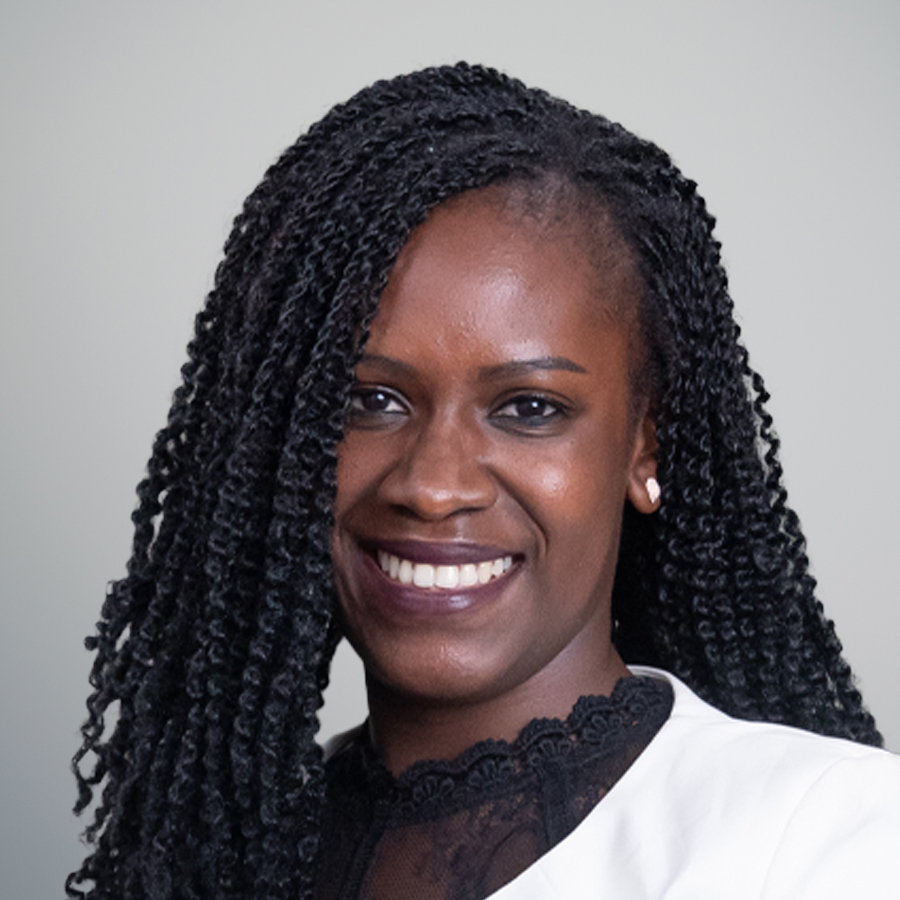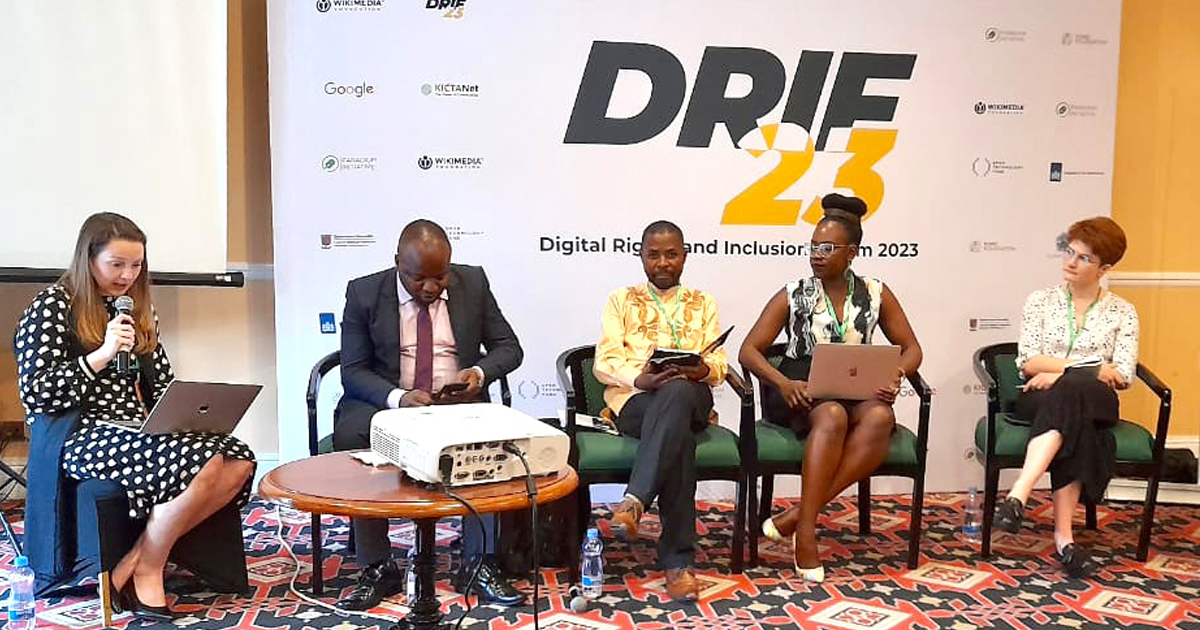The Expression, Information and Digital Rights (EIDR) Unit of the Centre for Human Rights, University of Pretoria attended the Digital Rights Inclusion Forum (DRIF) held in Nairobi, Kenya from 12 - 14 April 2023. DRIF is a platform where conversations on digital policy in Africa are shaped, policy directions debated, and partnerships forged for action. The 2023 theme was ‘Building a sustainable Internet for all.’ Together with its consortium partners, Global Partners Digital (GPD), Article 19 West Africa, the Collaboration on International ICT Policy for East and Southern Africa (CIPESA), and PROTEGE QV, the Centre hosted a panel discussion titled ‘At what risk to rights and internet freedom? Examining government responses to disinformation’.
The session discussed government regulatory approaches and actions to address the threat of disinformation, and how these measures impacted human rights generally and freedom of expression particularly. Drawing from the analysis in LEXOTA: Laws on Expression Online: Tracker and Analysis, the panel discussants, moderated by Kathryn Doyle of GPD, assessed the trends in Africa and shared country studies. Avis Momeni of PROTEGE QV discussed how governments in Francophone Africa weaponised disinformation to curtail freedom of expression. Edrine Wanyama (CIPESA) spoke on the situation in Uganda; Alfred Bulakali (Article 19 West Africa) on Senegal; and Marystella Simiyu on Zimbabwe.
The presence of problematic laws on disinformation, as well as repressive government actions, were evident in the analysis with negative implications on freedom of expression online and democratic development. This situation is replicated in many African countries requiring strong regional stakeholder advocacy action. Jacqueline Rowe (GPD) wrapped up the discussion with recommendations for governments, civil society, and private actors such as online intermediaries and platforms on how to respond to disinformation while protecting rights and freedoms. Notably, civil society and human rights defenders need to actively engage governments to repeal and amend repressive laws and ensure measures adopted are rights respecting, and in compliance with international laws and standards. Another advocacy action being pursued by the consortium is to engage the African human rights systems to promote rights-respecting approaches to disinformation in Africa in alignment with their mandate. Towards this end, the consortium has approached the African Commission on Human and Peoples’ Rights Special Rapporteur on Freedom of Expression and Access to Information in Africa and intends to assist the office of the Special Rapporteur to undertake a study on disinformation in Africa.
Participants acknowledged the dire implications of restrictive laws and actions as state responses to disinformation. They noted that these measures are not implemented when governments are the purveyors of disinformation, rather, they are disproportionately used to silence critical voices. The panellists underscored effective content moderation and fact checking, and proactive disclosure of information as countermeasures to government sponsored disinformation.
For more information, please contact:

Tel: +27 (0) 12 420 3180
Fax: +27 (0) 86 580 5743
marystella.simiyu@up.ac.za


